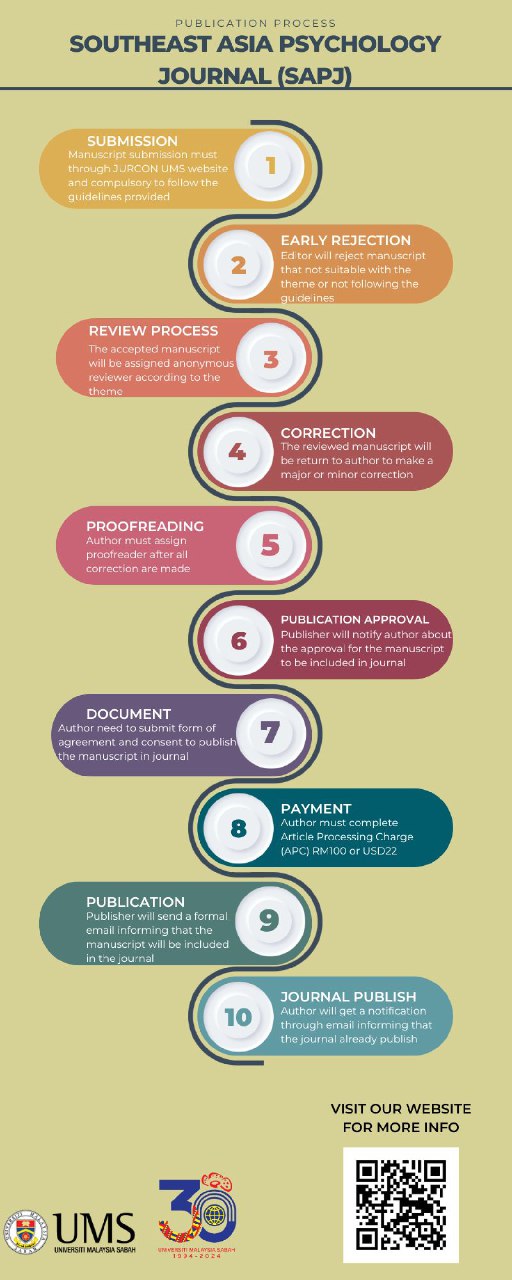Review of the Job Demand-Control and Job Demand-Control-Support models: Elusive moderating predictor effects and cultural implications
DOI:
https://doi.org/10.51200/sapj.v1i1.5723Keywords:
Job Demand Control (JDC) model Job Demand-Control Support (JDCS) model worker wellbeingAbstract
The Job Demand-Control (JDC) and Job Demand-Control-Support (JDCS) models are among the most widely used theoretical frameworks that relate the characteristics of a job to health and wellbeing. The purpose of this paper is to review studies on these models, which are well recognised job stress theories in western cultural settings. Generally, the review finds that psychosocial work
environment variables of high job demands, low job control and low social support are consistently associated with workers’ high strain or low wellbeing. However, two-way and three-way interactive predictors reveal contradictory findings and moderating hypotheses receive modest support from the literature. The review provides insights into the need for further investigation of these
models in different cultural settings, such as the collectivist culture of Malaysia, to further understanding of the cross-cultural applications of JDC and JDCS models.
References
Barak, M. E. M., Findler, L., & Wind, L. H. (2003). Corss-cultural aspects of diversity and well-being in the workplace: An international perspective Journal of Social Work Research and Evaluation, 4(2), 145169.
Beehr, T. A., Jex, S. M., Stacy, B. A., & Murray, M. A. (2000). Work stressor and coworker support as predictors of individual strain and job performance. Journal of Organizational Behavior, 21, 391-405.
Beehr, T. A., King, L. A., & King, D. W. (1990). Social support and occupational stress: Talking to supervisors. Journal of Vocational Behavior, 36, 61-81.
Bhanthumnavin, D. (2003). Perceived Social Support from Supervisor and group Members' Psychological and Situational Characteristics as Predictors of Subordinate Performance in Thai Work Units. Human Resource Development Quarterly, 14(1), 79-97.
Bochner, S. (1994). Cross-Cultural Differences in the Self Concept: A test of Hofstede's Individualism/Collectivism Distinction. Journal of Cross-Cultural Psychology, 25, 273-283.
Bradley, G. (2004). Job strain and healthy work in teachers: A test of the Demands-Control-Support Model. Griffith University.
Brough, P., & Pears, J. (2004). Evaluating the influence of the type of socialsupport on job satisfaction and work related psychological well-being. International Journal of Organisational Behaviour, 8(2), 472-485.








